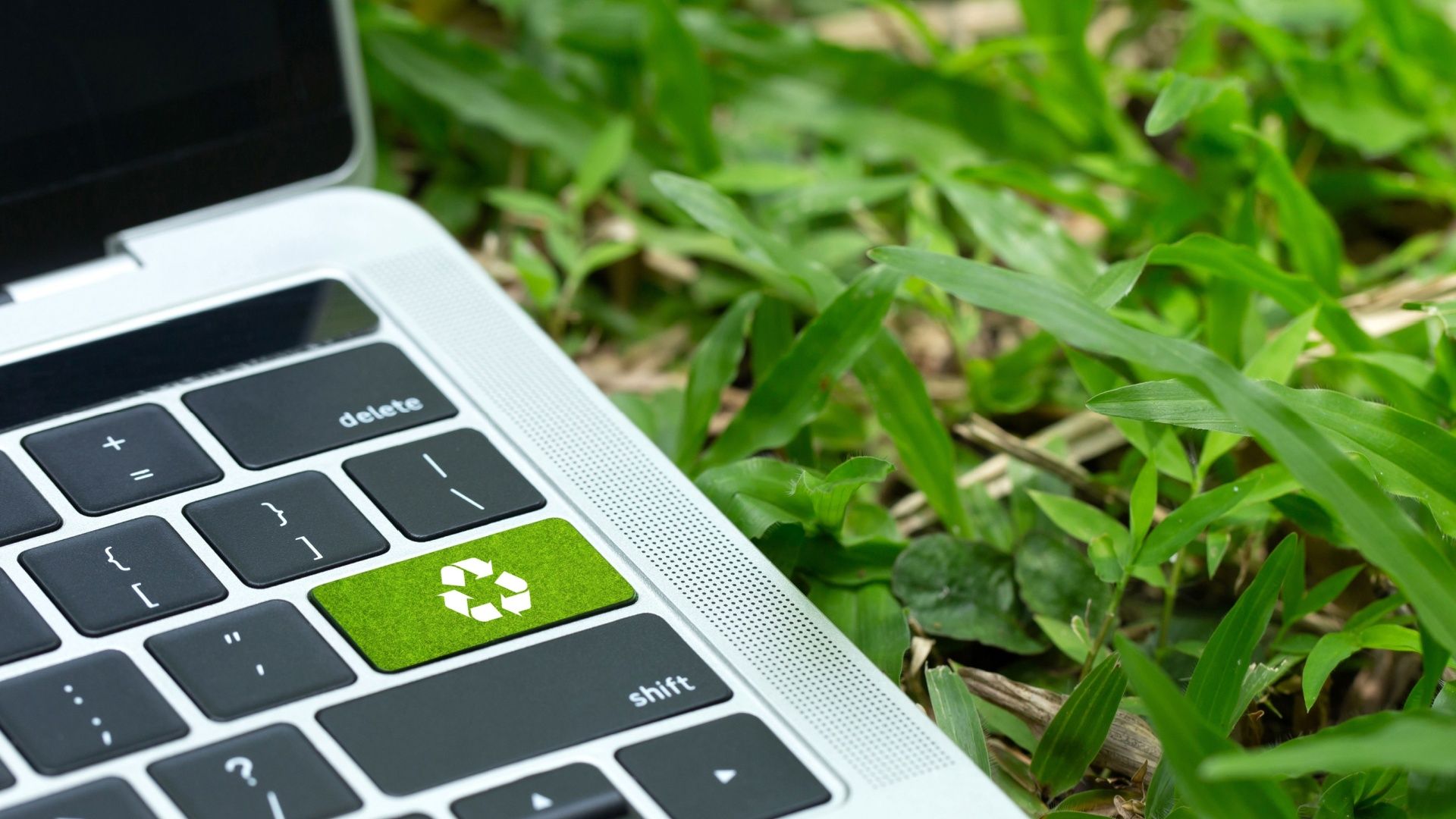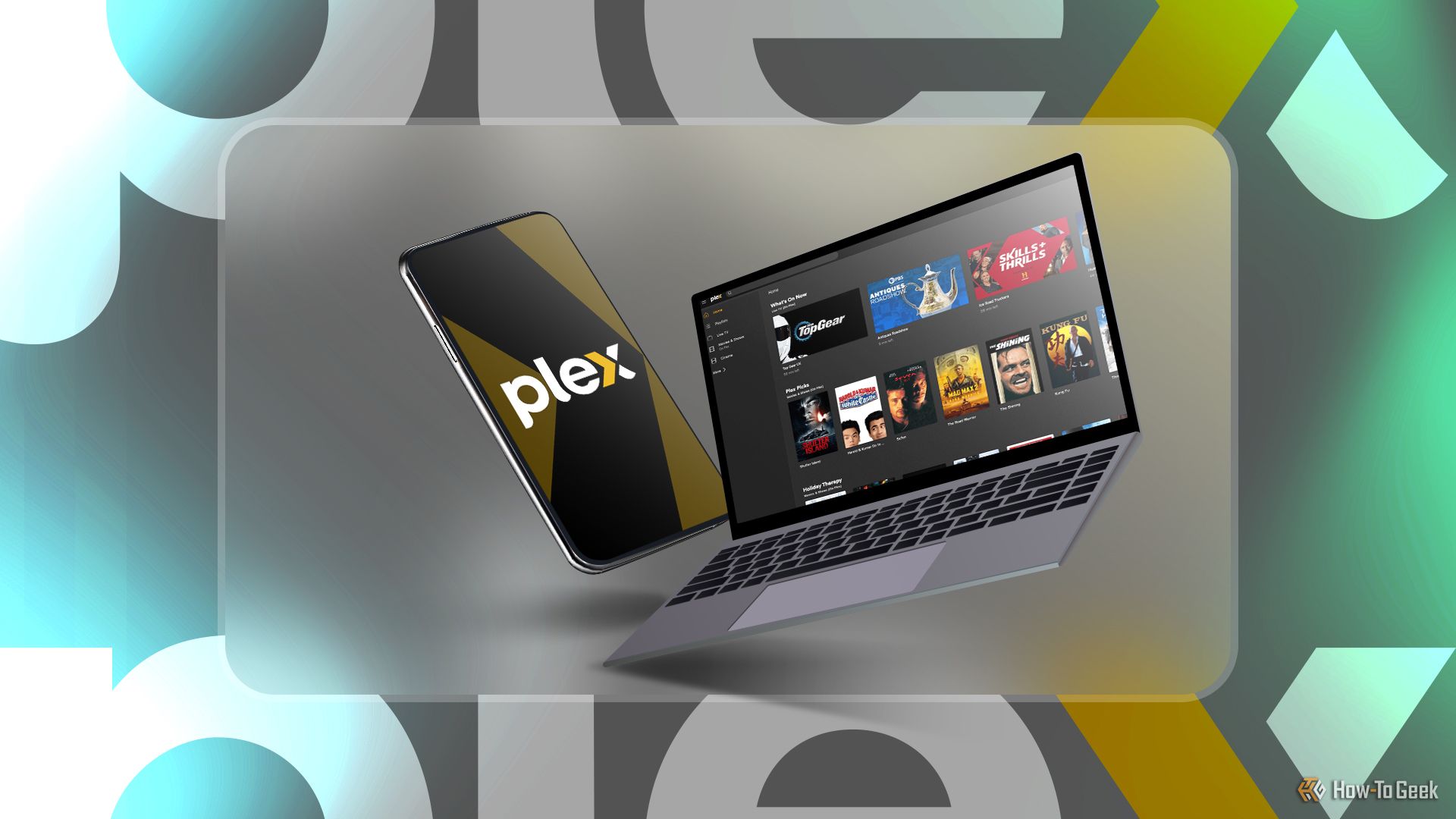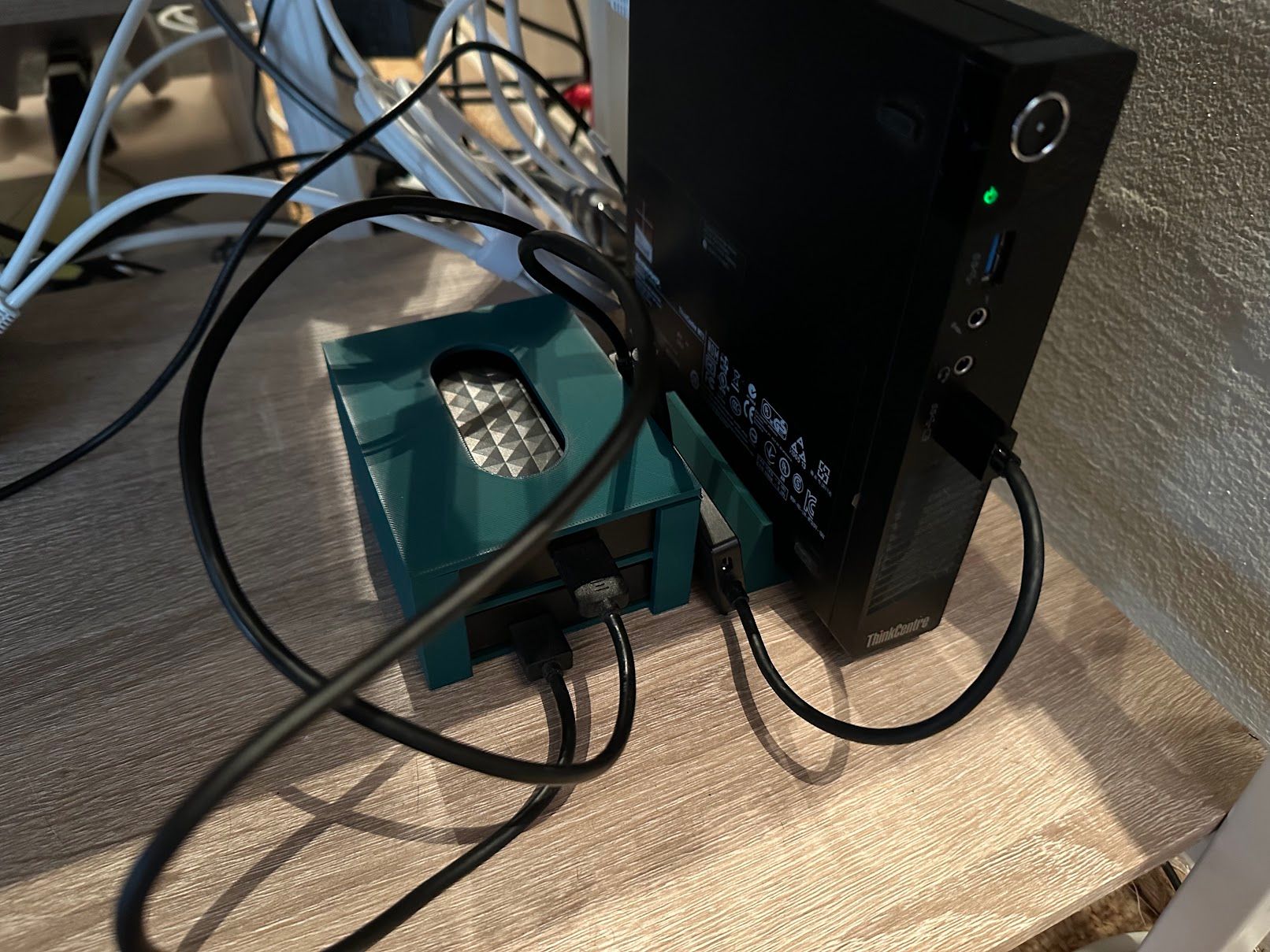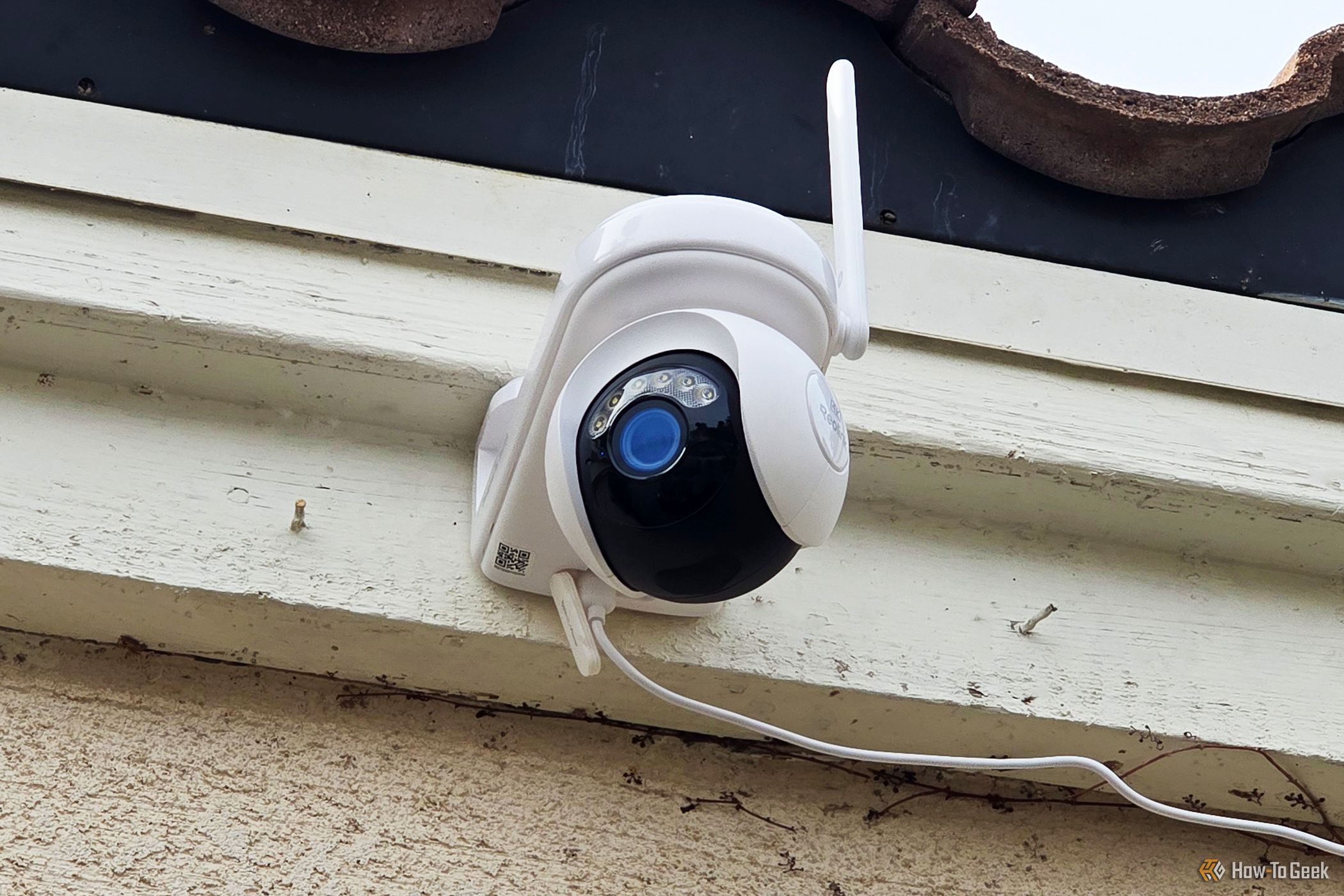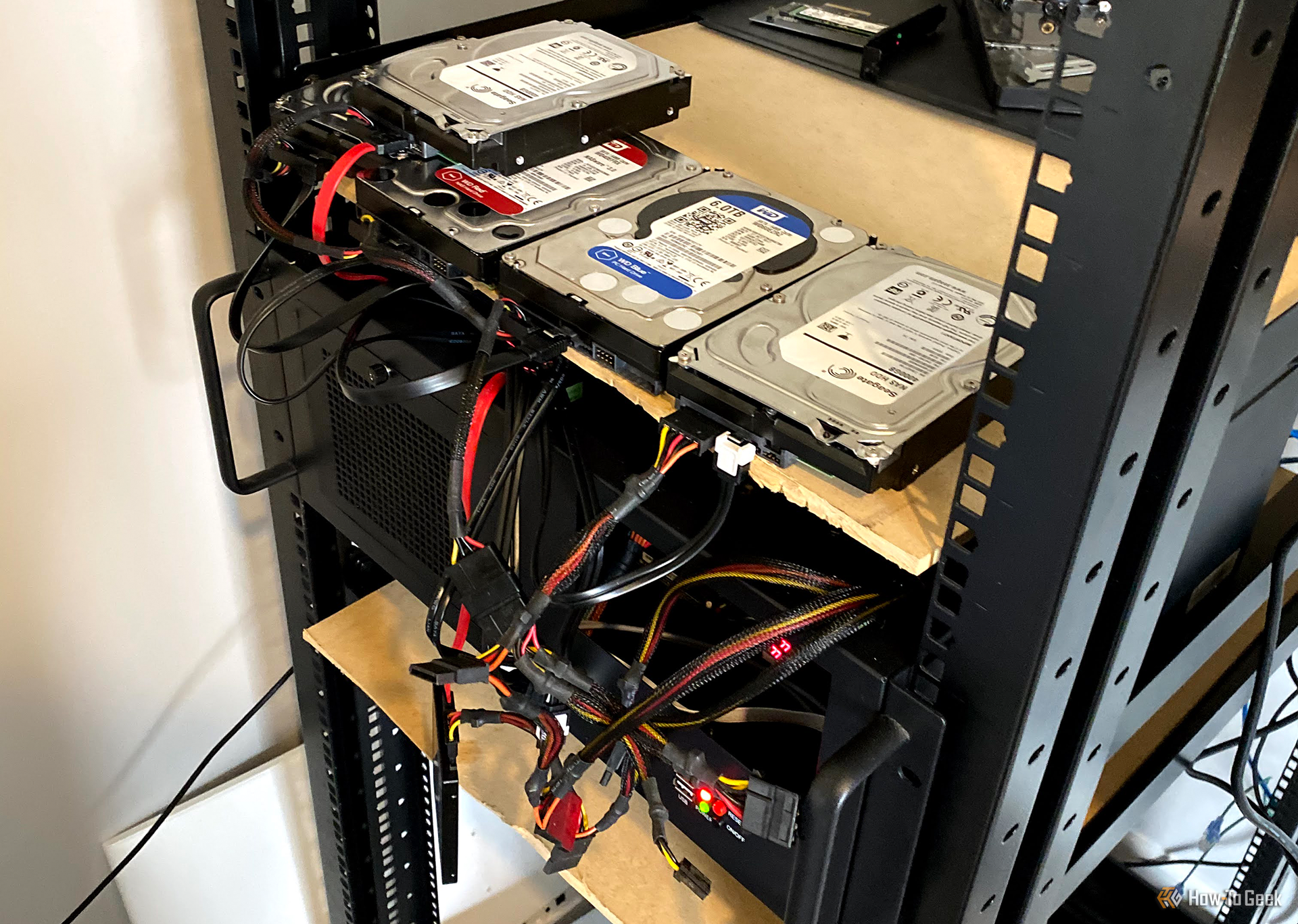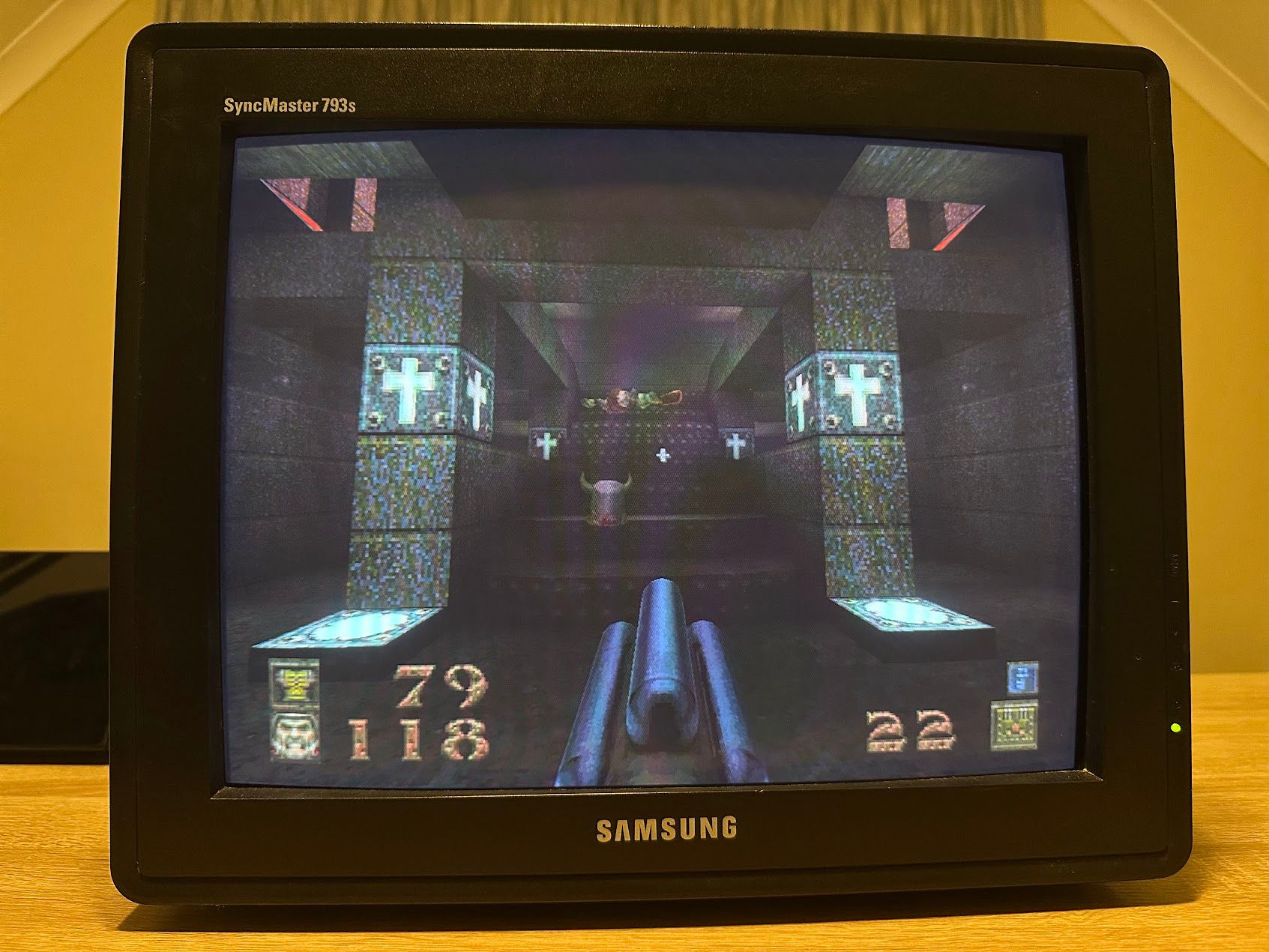10 Ways to Reuse or Repurpose an Old Laptop
Quick Links
-
Streaming Server
-
Headless Laptop Computer
-
Home Security
-
Make It a NAS
-
Build a Retro Gaming Setup
-
Use It for Home Automation
-
Make a Seedbox
-
Make an HTPC Out of It
-
Do DIY Projects
-
Dedicate It as a 3D Printing PC
I tend to replace my laptops every three to five years, but most of the time the old machine is still perfectly usable. Which means I have need to decide what to do with it or risk eventually drowning under a pile of portable computers.
The good news is that there’s almost always something useful you can do with an old laptop that doesn’t involve contributing to a landfill somewhere, and I have ten suggestions for you locked and loaded.

10
Streaming Server
If you’ve ever considered running a Plex, Jellyfin, or Emby server or you’re currently running it on the same computer you use for other things, then a spare old laptop can be the perfect solution for a dedicated server.
For quite a long time, I used an M1 MacBook Pro with a broken touch bar as my Plex server, until I switched over to a dedicated mini-PC for that purpose.
Laptops are a great solution because you get a screen, keyboard and mouse all in one system. You can set it up right next to your router for a direct Ethernet connection and the best possible performance, or hide it somewhere in a closet where you can still easily access it for maintenance. A USB 3 hub and a few external hard drives will have you sorted for media storage, and if it’s even mildly modern the laptop should handle transcoding without breaking a sweat.
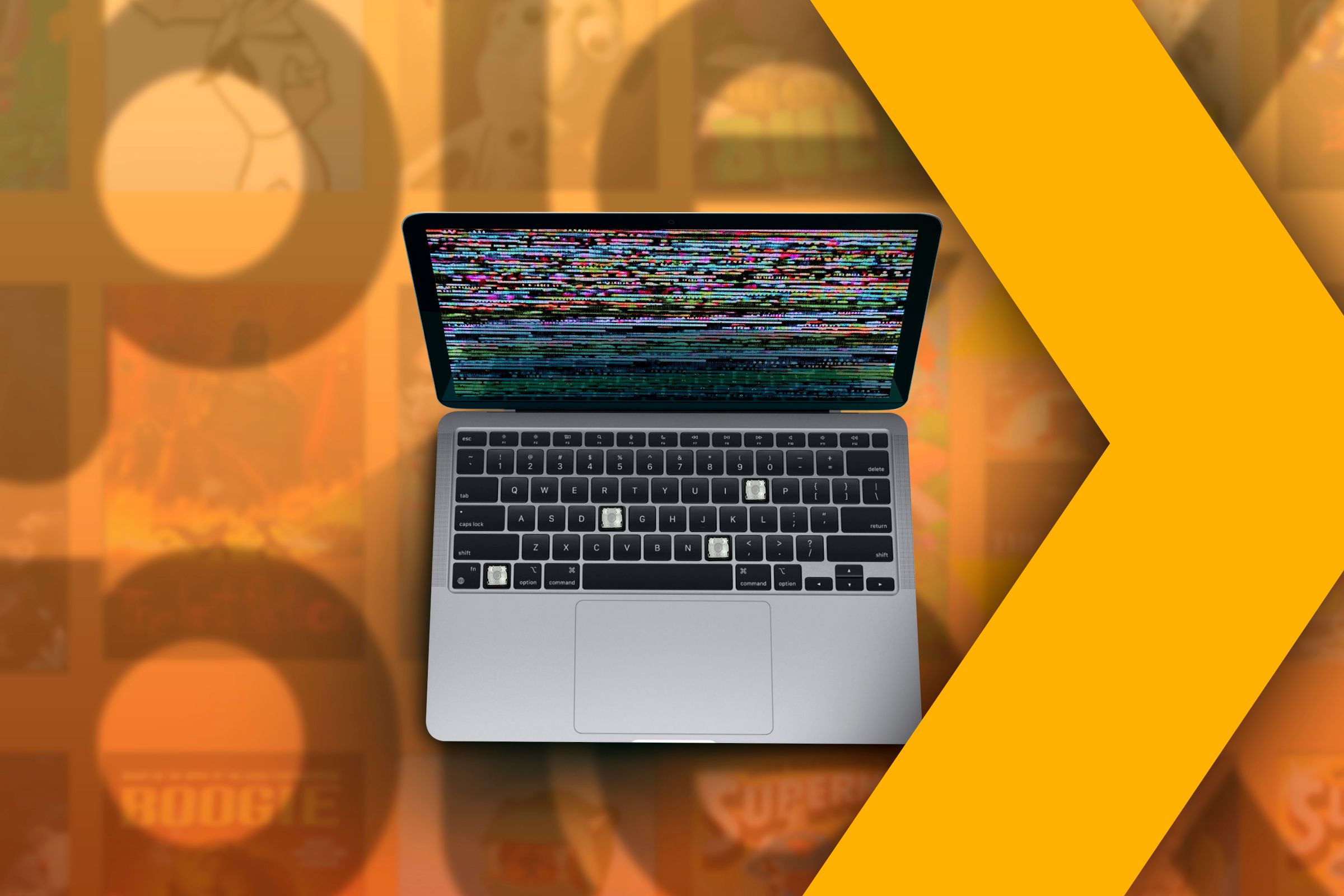
Related
I Turned My Broken MacBook Into a Plex Server, and It’s Way Better Than I Expected
Yeah, well, I’m gonna go build my own streaming service. With MacBooks, and Plex.
9
Headless Laptop Computer
One of the most fragile parts of a laptop is the screen. The hinge is a common point of failure, and there are plenty of delicate cables and other components that can lead to screen failure, with repair costs that don’t make it worth your while. However, you still have a perfectly functional computer, just missing a working screen.
So you can simply dock the laptop and use it as a desktop computer with a separate set of peripherals, or you can go all the way and turn it into a “slabtop” where you remove the screen and keep using the rest of the computer connected to an external monitor.
While this seems much more popular with Macs, there’s no reason you can’t perform the same operation on a non-Mac laptop.
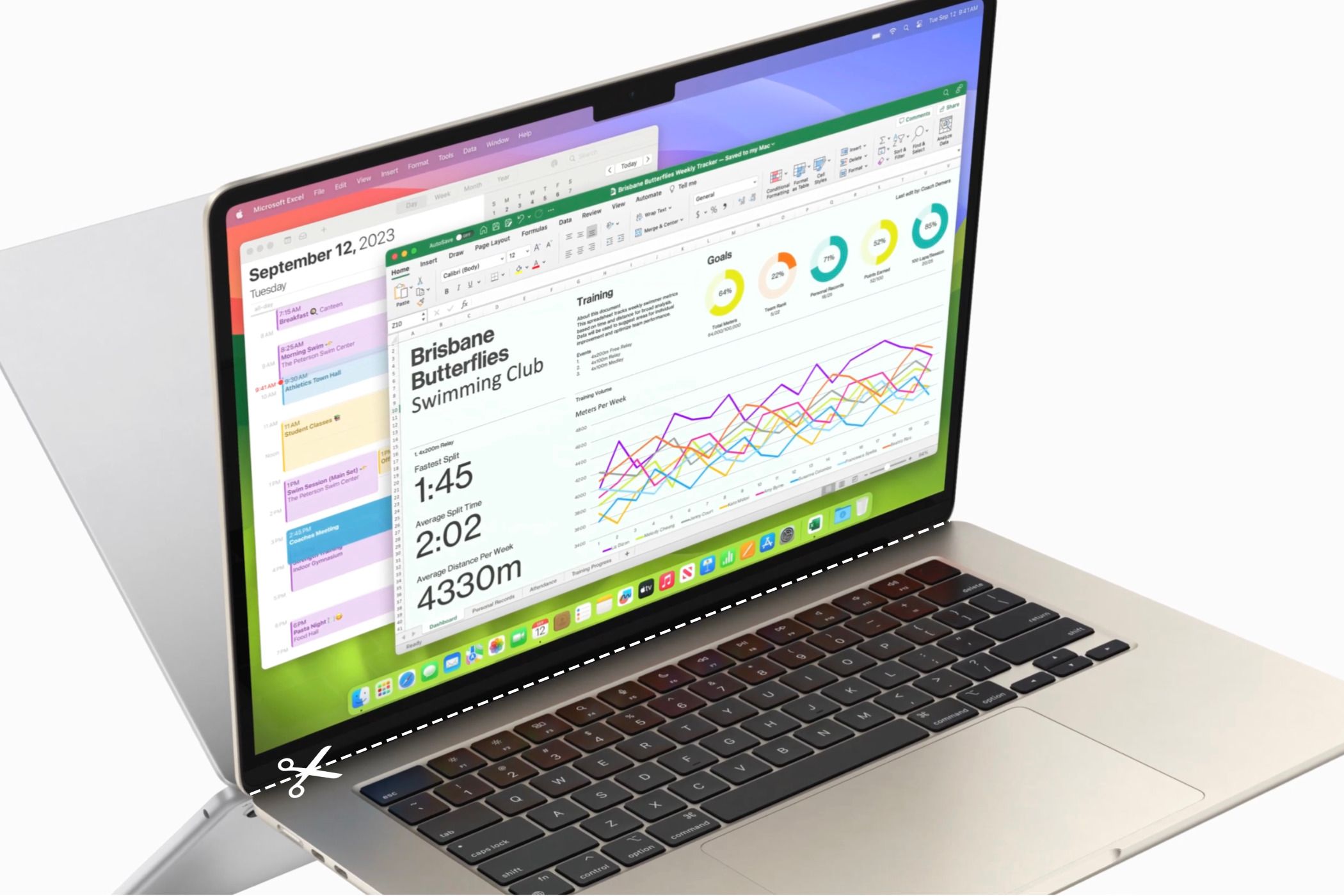
Related
Decapitate Your MacBook: What Is a Slabtop and Why Would You Want One?
You probably thought a display was a vital piece of the laptop experience, but you were wrong.
8
Home Security
Most home security systems now use IP cameras and other network-connected devices. Many of these systems also rely on cloud storage and even charge a subscription fee for the privilege.
If you have a dedicated computer to run your cameras and other security devices with appropriate desktop software, you might save yourself some money in the long run, avoid privacy issues from sending your data over the net, and be resistant to both power and internet outages compromising your home security.
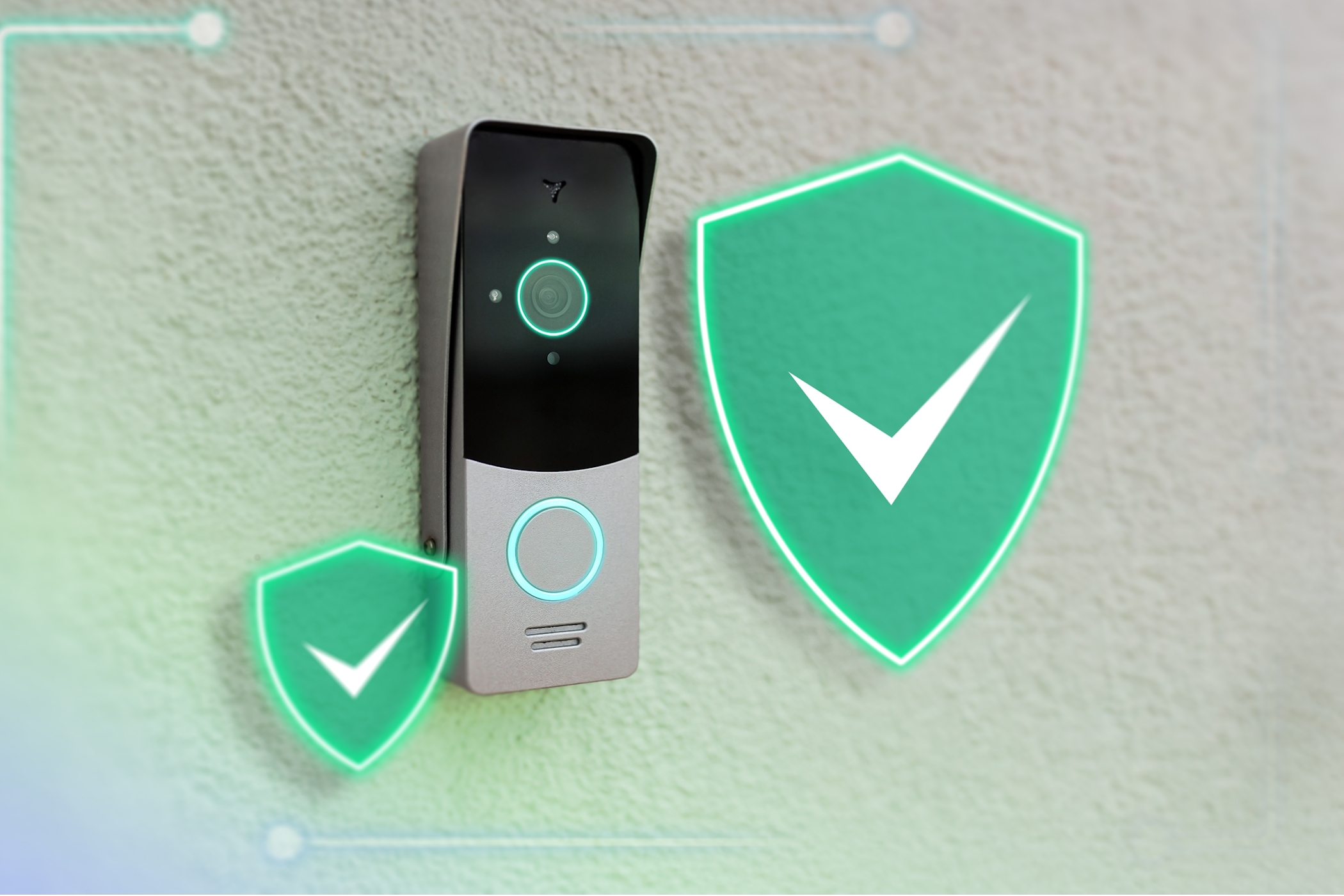
Related
7 Ways a Smart Doorbell Can Improve Home Security
A smart doorbell is a fine starting point for any home security improvements.
7
Make It a NAS
Speaking of cloud storage, I’m already up to 4TB of the stuff and it’s not cheap! A lot of tech enthusiasts, at least in my circle, are starting to put together their own NAS (Network-Attached Storage) solutions, but you can DIY it without spending hundreds of dollars on purpose-built NAS systems.
Instead, you can just take that old laptop, hook it up to a bunch of hard drives, and install the software you need to turn it into a NAS. You might even have some drives already lying around that you can use, so for all you now you now have all the parts you need to build a NAS, and you can upgrade it over time.
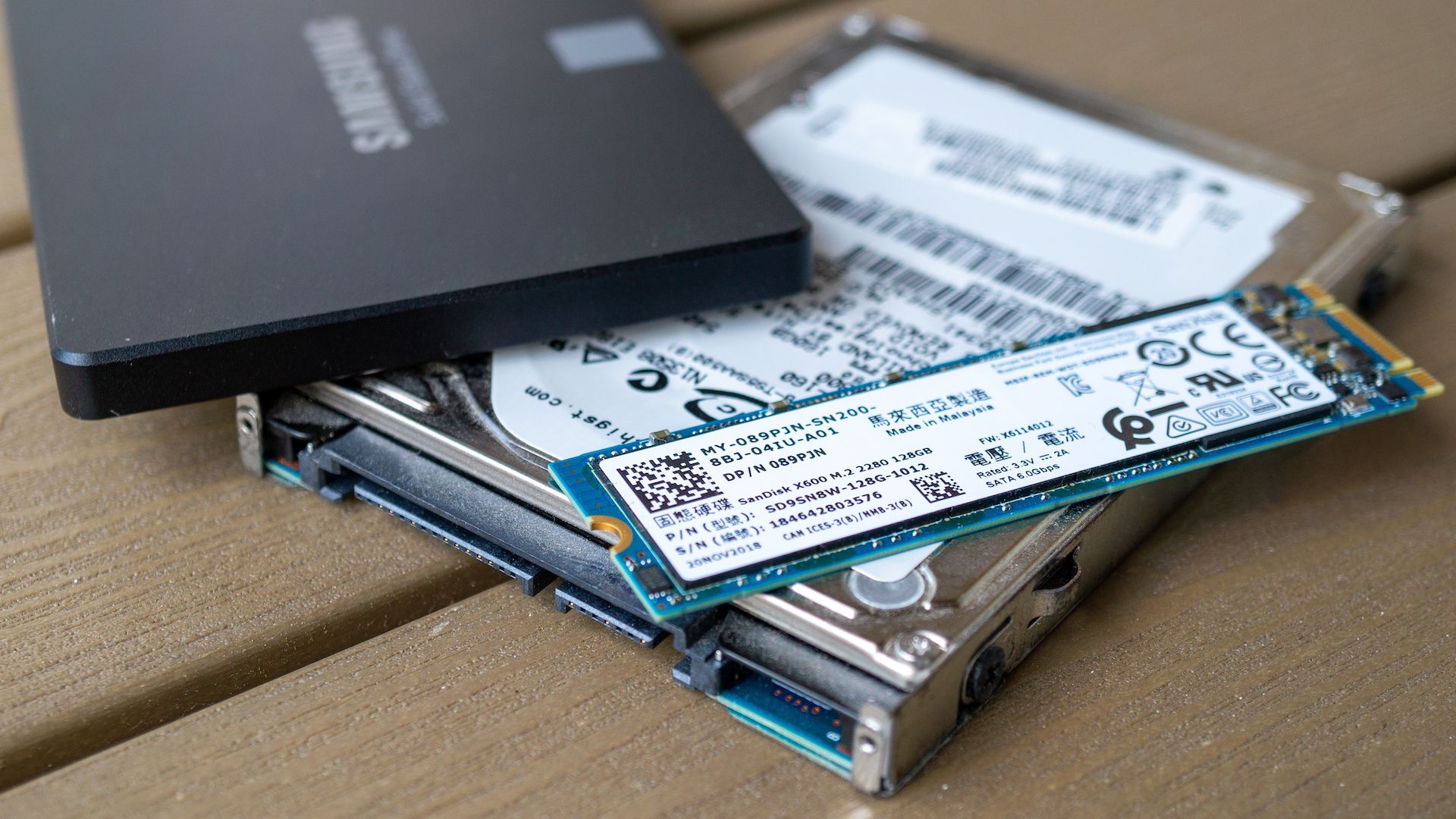
Related
Everything You Need to Build a Custom NAS Box
It only takes a few simple ingredients to build a delicious NAS.
6
Build a Retro Gaming Setup
Retro gaming is all the rage, as well it should be. After all, almost all of the best games ever made are in the past, not the present!
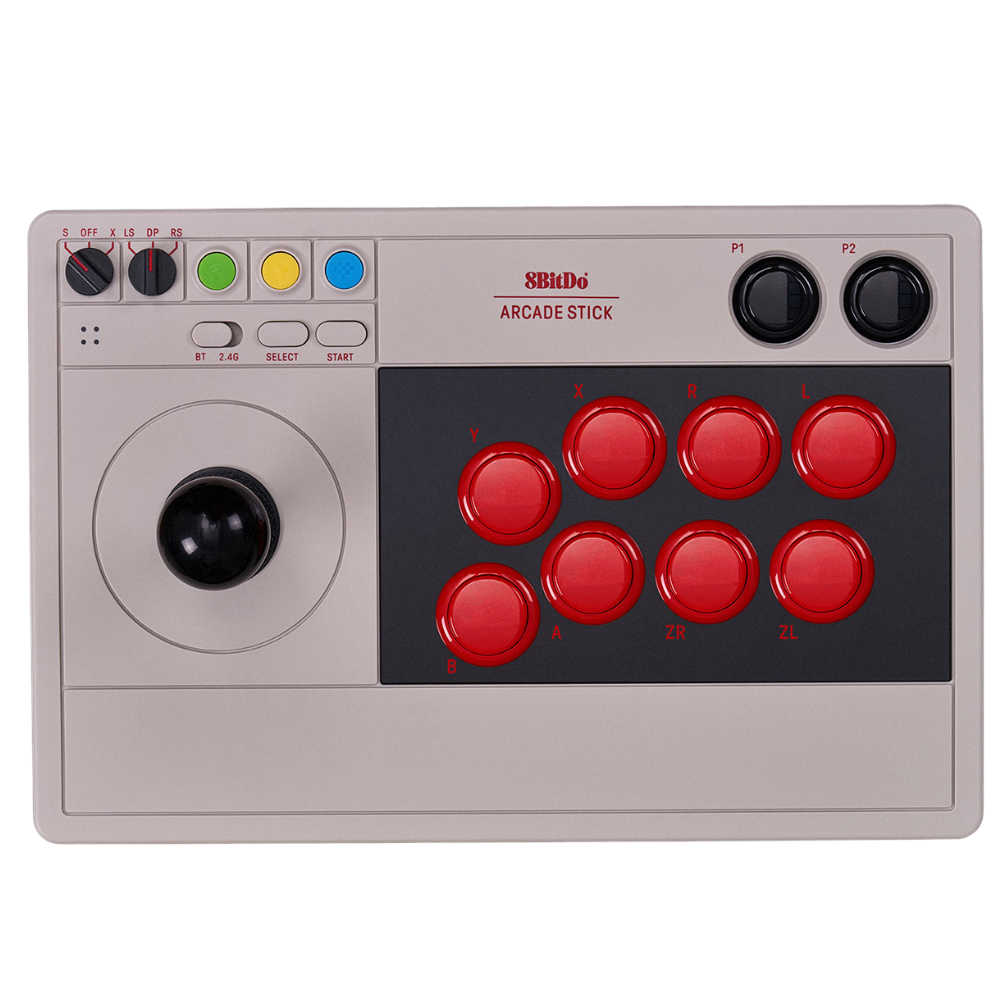
8Bitdo Arcade Stick for Switch
See at Amazon
If you have an old laptop you don’t need any more, you have virtually unlimited options to turn it into some sort of kick-ass retro gaming system. Just about any laptop has enough performance to play retro games, and that includes 3D games from the year 2000 or earlier, and probably games from the Xbox 360 era, if it has decent integrated graphics.

Arcade1Up Capcom Street Fighter II Arcade Machine
Buy on Amazon
You can build a home arcade cabinet around the machine, or hook it up to a CRT monitor and load it with a retro-friendly operating sytstem to play some classic PC games. The world is your retro oyster.
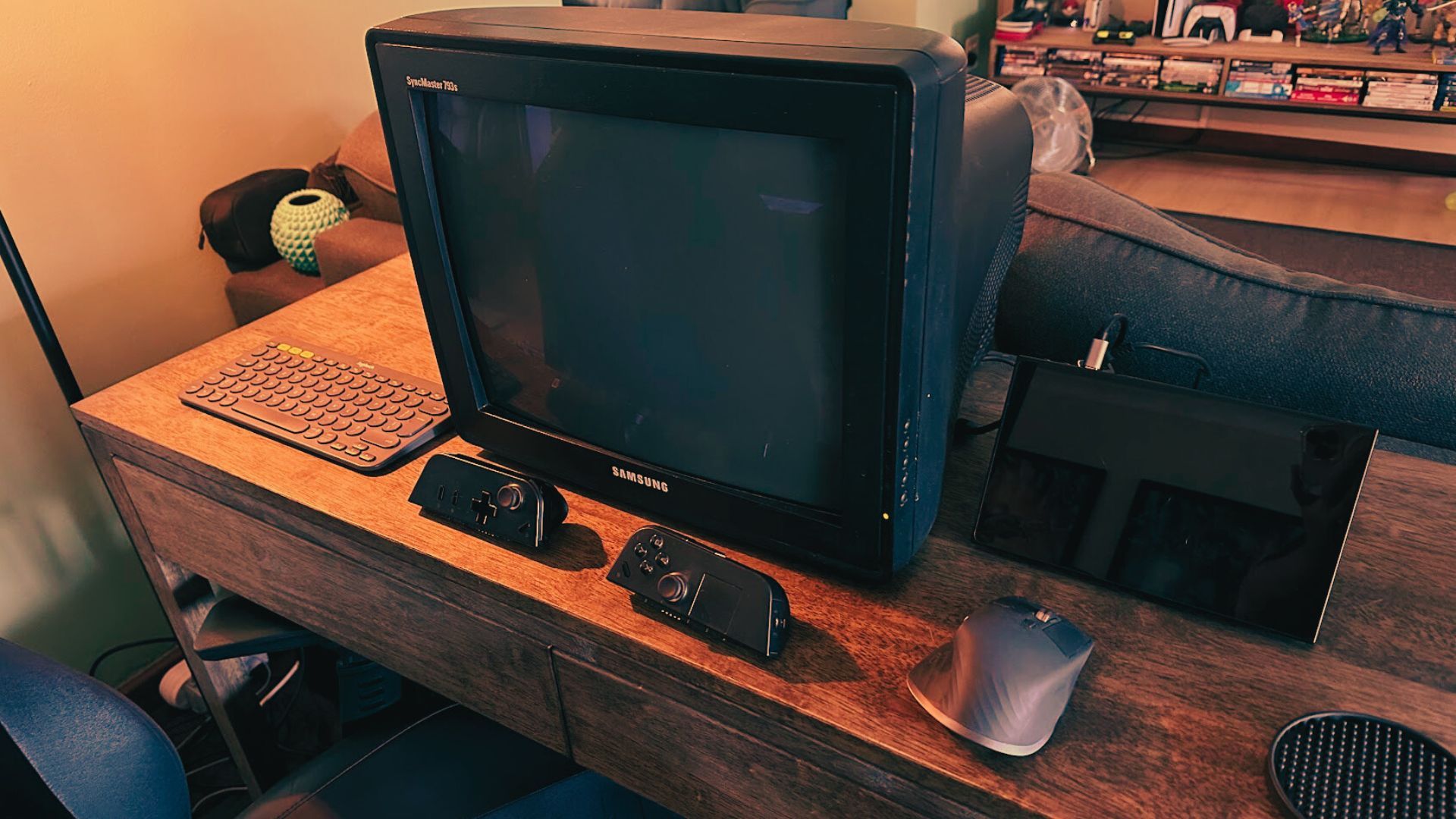
Related
How an Old CRT Monitor Turned My Handheld PC Into the Perfect Retro PC Gaming System
The answer was retro-futuristic.
5
Use It for Home Automation
A lot of home automation solutions are cloud dependent and all you’ve really done is pay for the hardware in your home, while the real “smarts” reside elsewhere. Well, if you use home automation solutions like Home Assistant or openHAB (to name but two) you can have the brains for your home automation in your home where it belongs.
These programs are usualy lighweight enough to run on something like a Raspberry Pi, so your old laptop is probably powerful enough to handle your home automation needs and something else, like being a Plex server or a NAS.
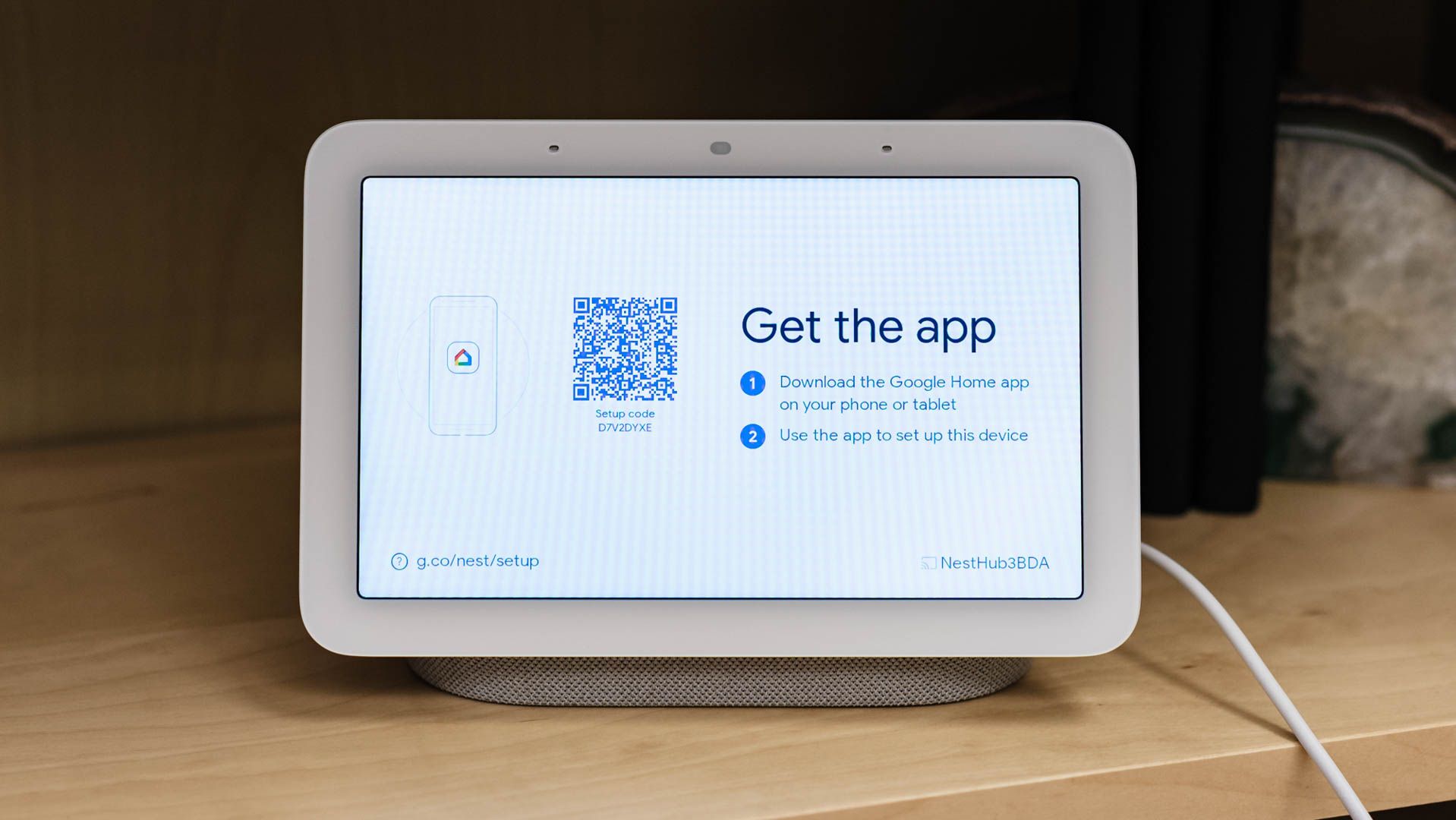
Related
A Real Smart Home Should Work Offline
Your smart home should still work even if a data center across the world goes offline.
4
Make a Seedbox
Plenty of people use BitTorrent technology, despite peer-to-peer software getting a bad rap thanks to its association with piracy. The fact is that torrenting is perfectly legal, and it’s often the best way to distribute files. Especially when it comes to open-source software, or public projects like the Internet Archive.
If you want to contribute to these projects, or if you want to make files available through BitTorrent, a seedbox is your best bet. You can rent one online for a few dollars a month, but if you have a spare computer, you can set it up as a dedicated seedbox, which is no harder than creating a torrent and hosting the file on your computer, while hopefully some other people will also start hosting it to take the strain off your bandwidth.
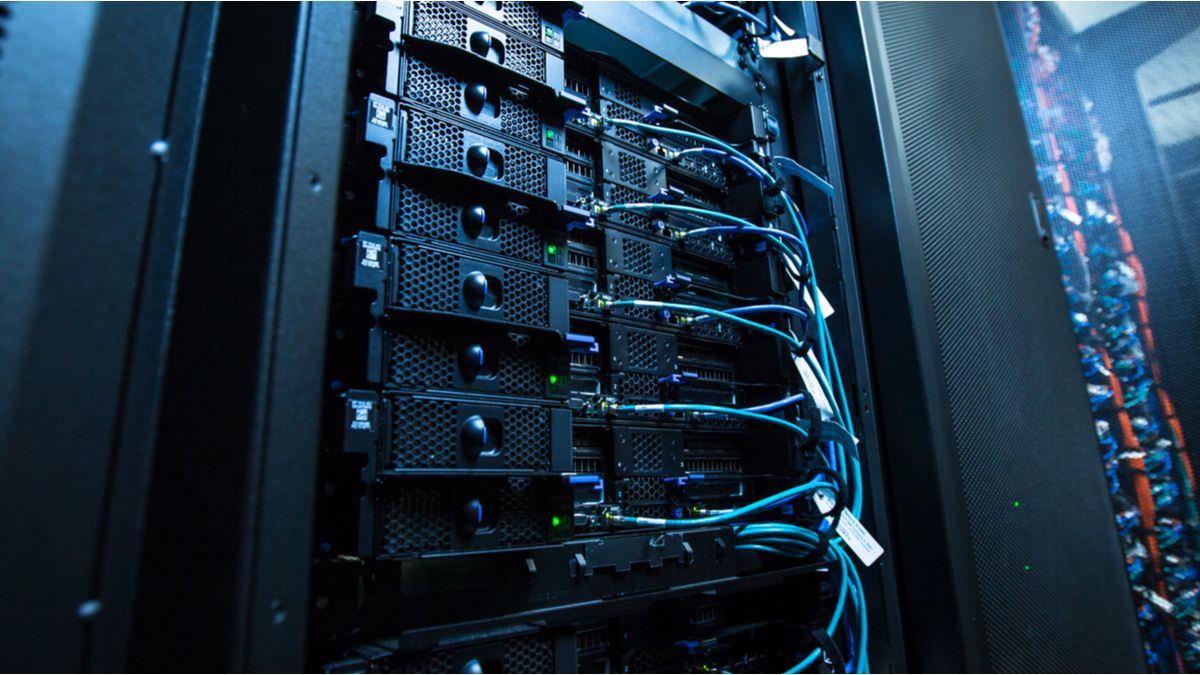
Related
What Is a SeedBox, and Why Would You Want One?
Seedboxes make using torrents easier and faster. They’re inexpensive, too.
3
Make an HTPC Out of It
Yes, we all have smart TVs and streaming boxes now, but there’s still a few good reasons to have an HTPC, including the ability to store and play truly high-quality media which would be hard to stream even over your local network from something like a Plex server.
If you have a laptop that can run comfortably with the lid closed, then it can slide neatly into your TV stand while you use a wireless keyboard and mouse to control it. Then you can start exploring the world of HTPC software, and all the amazing things you can do with it once you’re free from the walled gardens that premade boxes and smart TVs represent.
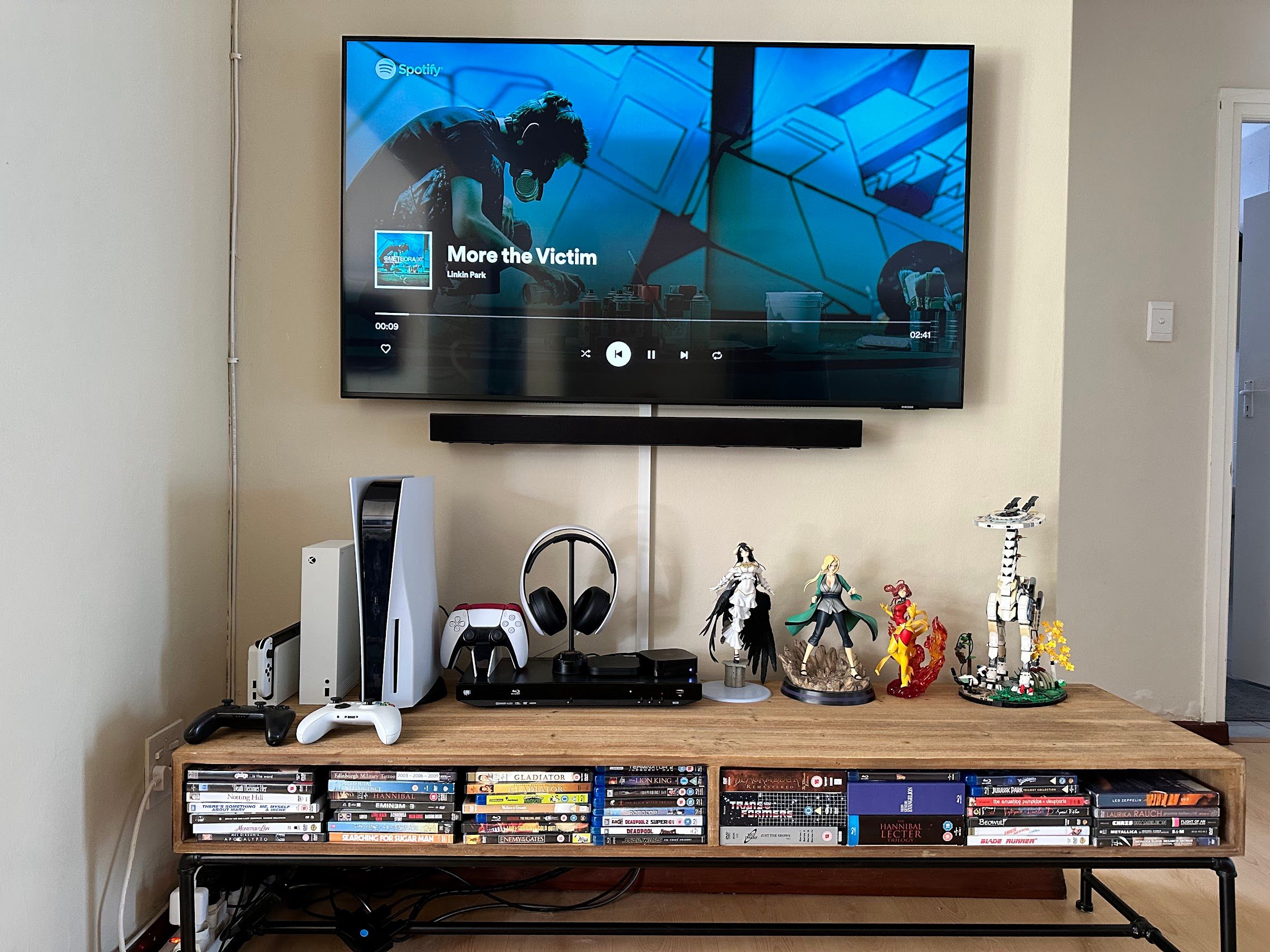
Related
How to Build an HTPC With Linux and a Mini PC
Want to build your own mini HTPC with Linux? This guide will get you started.
2
Do DIY Projects
I have already mentioned a few things on this list that count as “DIY” projects, like turning your laptop into an arcade, but combined with fun toys like an Arduino, you can have fun building, coding, or making other gadgets that can use a computer at their core to work.
You can build a weather station, use it to learn coding, try out new operating systems, set up home recording for a podcast, or just about any hobby or project that could use a fairly powerful computer. It’s also an opportunity to take the laptop itself apart and use the components for other DIY projects, such as rebuilding it into a 3D-printed case.
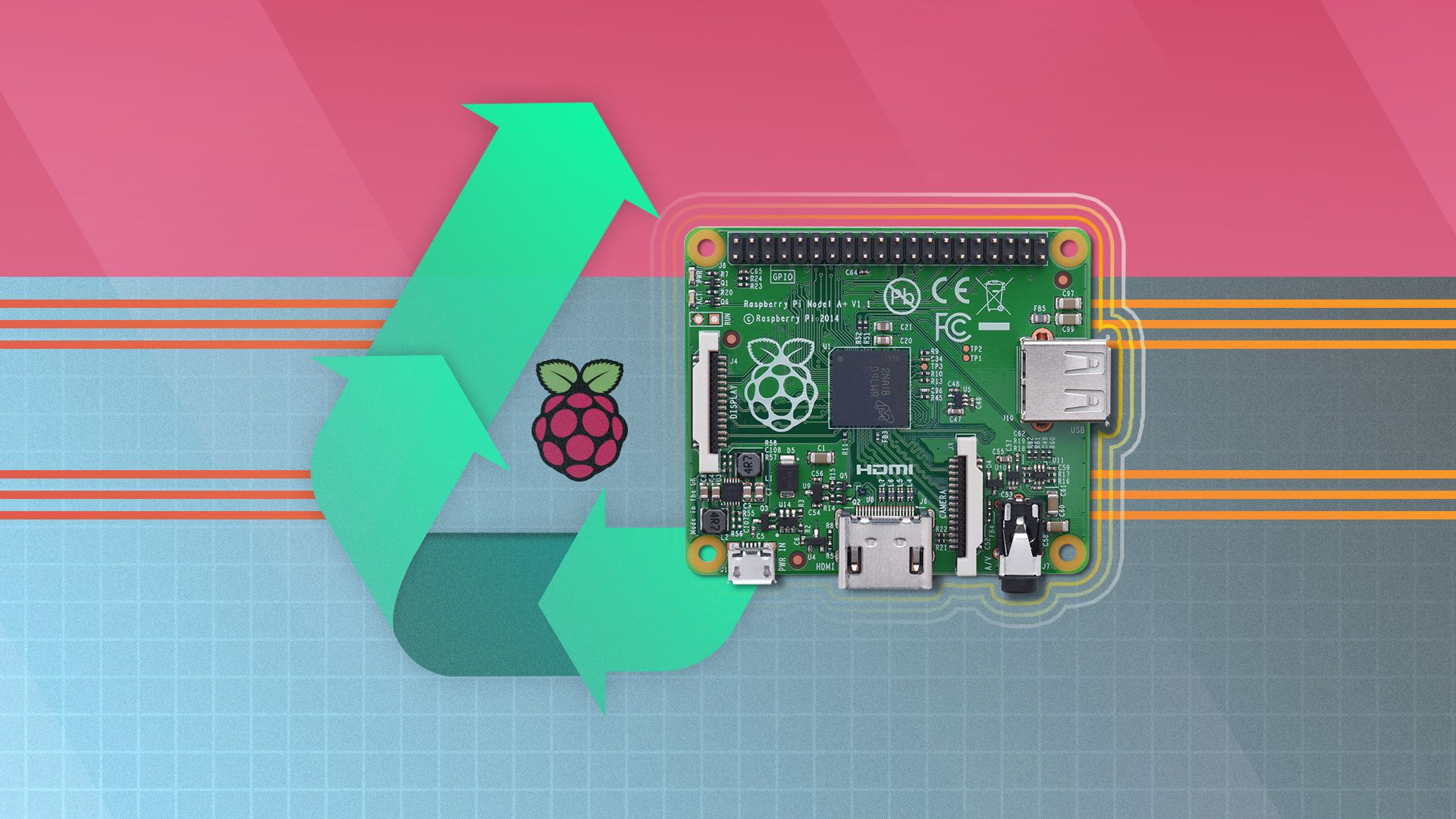
Related
6 Awesome Ways to Upcycle an Old Raspberry Pi
This Pi will never go bad.
1
Dedicate It as a 3D Printing PC
I have two 3D printers now, so technically I guess i have a small print farm at home. I mainly use my MacBook to run the slicers and store the files for these devices, but if I ever have a spare old computer coming my way, I think I’d like to dedicate it to the 3D printing machines, so that I can keep all the files, software, and other digital necessities in one place.
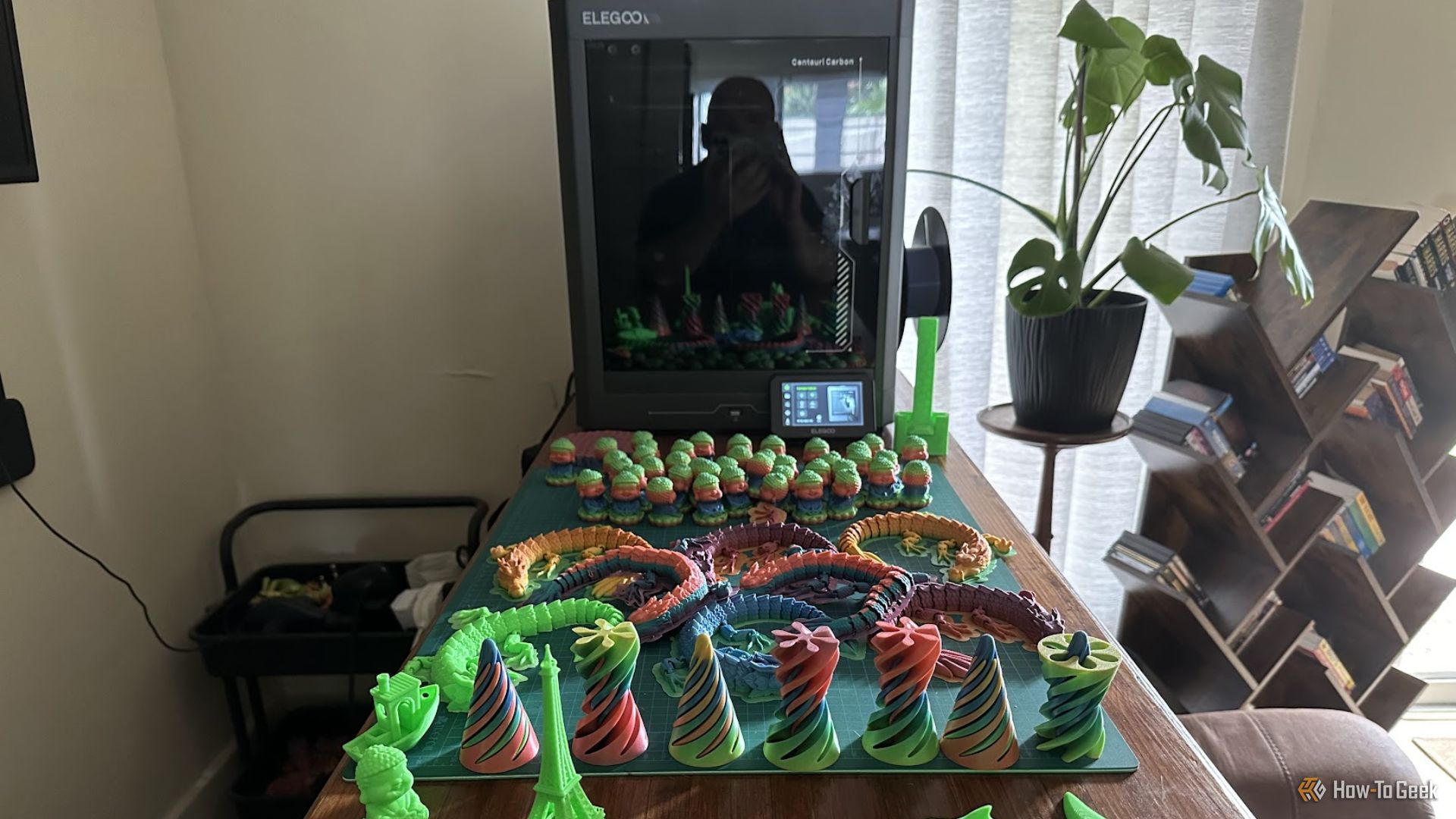
Related
Elegoo Centauri Carbon Review: There’s No Reason to Buy Anything Else
Elegoo blows the bottom out of the market.
If you’re a maker of some sort (laser cutting, Cricut, 3D printer, etc.) then I think it would be really convenient to have one computer that handles all that work. Especially if multiple people end up using these machines. Whenever someone needs something printed in my house, it has to go through my personal Mac, and that gets old fast.
I’ve always been of the mind that you really can’t have too many computers, and that there’s a job for every one of them of you now where to look. A working laptop is a gift, even it it’s not the newest, fastest thing around. Even if you don’t have a use for it, there’s a very good chance someone else will, and if it really is only good as junk, then junk it responsibly.









